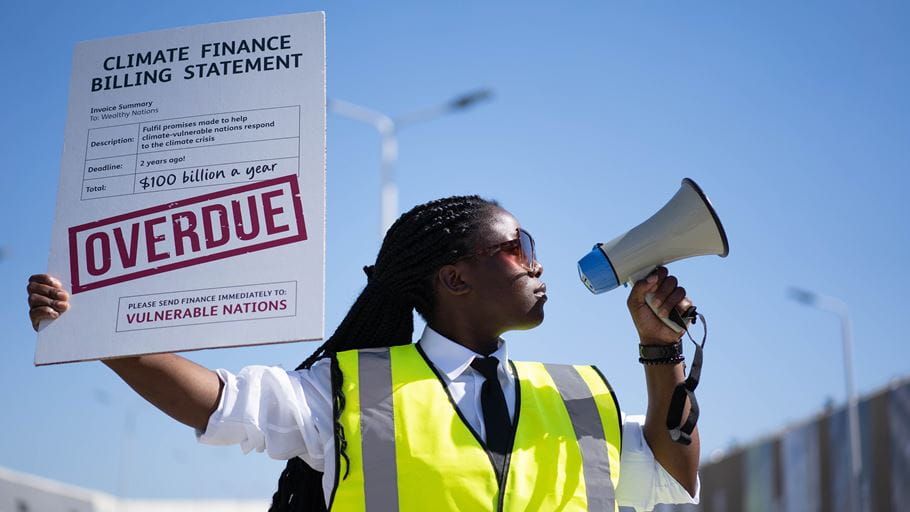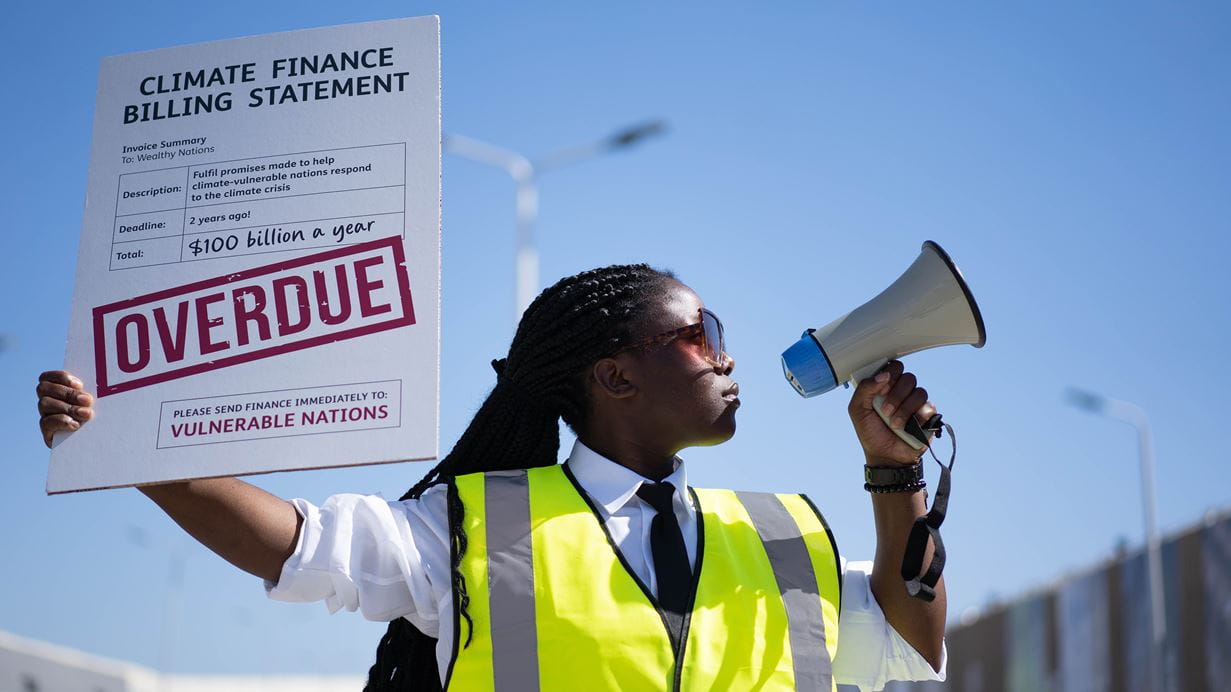My climate activism journey started sometime in 2019, when my home country of Zambia experienced some of the worst load shedding [rolling power cuts because of a shortage of electricity]. At that time, I was hosting the breakfast show for a local radio station in a place called Solwezi. Being on the radio, everybody assumes that you know everything, and lots of people were calling in asking questions like, ‘why don't we have power in our area?’ I didn't have the answers.
So, I did some research to find out.
How it started…
In Zambia, we use hydropower. We have a dam called Kariba Dam, where they generate the electricity from – and we also export this electricity to our neighbouring countries, like Zimbabwe and Malawi.
But, in 2019, the water levels of the dam had got really low because we didn't have the normal amount of rainfall, so there was not enough power.
There was already a high level of unemployment in Zambia, and the lack of power meant that many young people who had created jobs for themselves – like small salons, or barber shops, or restaurants – couldn't run their businesses. That resulted in poverty and crime levels going up.
We also have a lot of small scale farmers in Zambia – people who live from the field to the table. It affected them too when the rain did not come.















